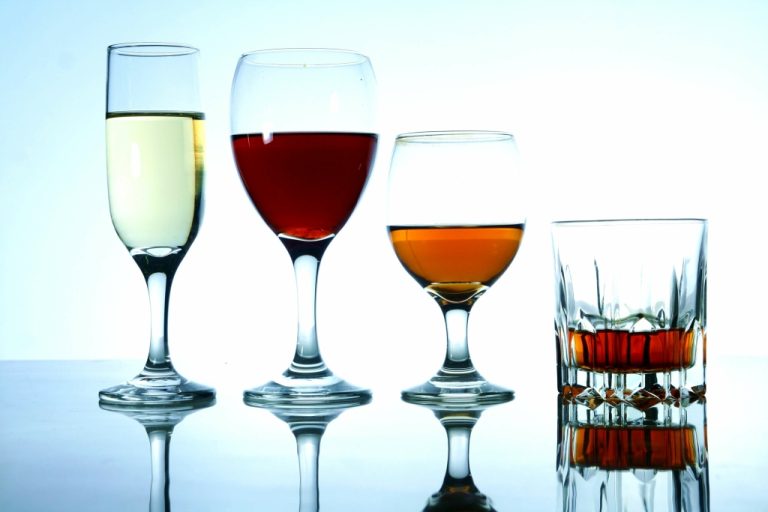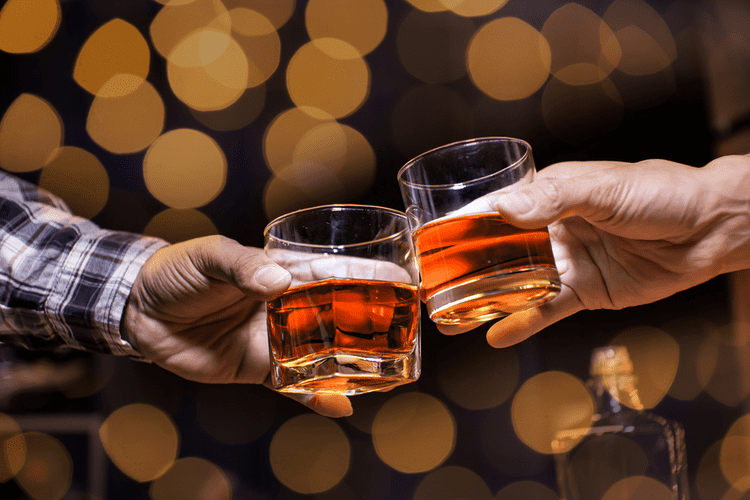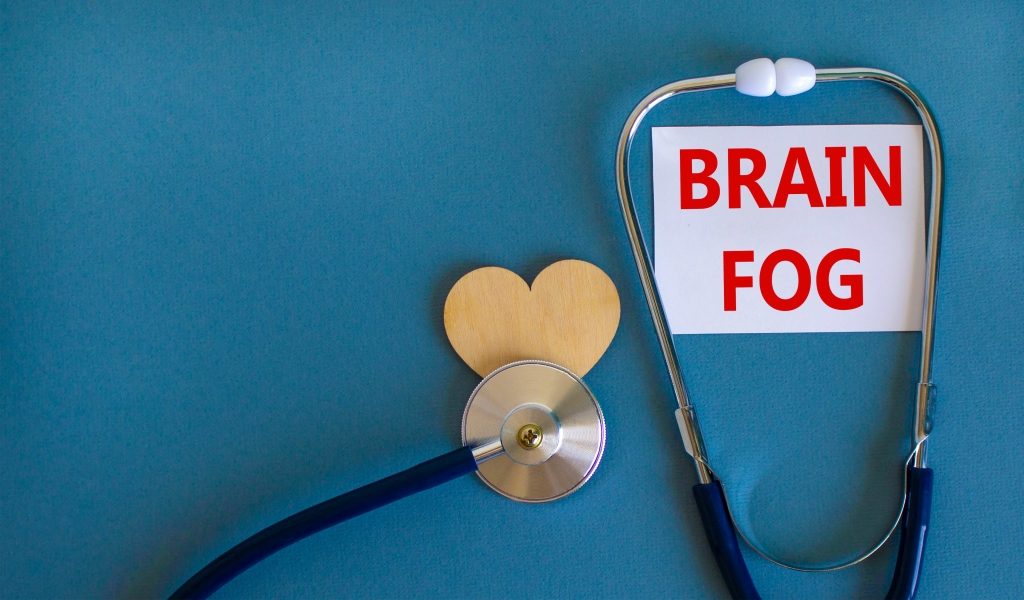They may refer you https://natural-cure.ru/v-klinike-budapeshta-kreativ-dental-clinic-v-kostnoj-plastike-budut-ispolzovat-transplantaty-iz-reber-paczienta/ to therapy—such as cognitive behavioral therapy—and/or psychiatry. There are also many psychiatric medications like antidepressants available that can help manage depression as well as medications that can decrease alcohol cravings. We also recommend speaking to a loved one (such as a friend, family, or community member) and sharing your feelings with them. Many people turn to drinking to self-medicate and help manage symptoms of depression, not realizing that this coping mechanism can worsen depression. This is because alcohol alters the levels of brain chemicals (neurotransmitters) that impact our feelings and behavior. Two of the neurotransmitters involved in both alcohol use and depression are dopamine and serotonin.

Conditions

A separate survey published in the International Journal of Environmental Research and Public Health found that nearly half of people who reported increased drinking during the pandemic said stress was to blame. Other reasons for the uptick included boredom and availability of alcohol. When COVID-19 hit — bringing the compound http://www.54e.ru/desk/beauty-health/cosmetics/cosmetics_69849.html stressors of illness and uncertainty — it threw many individuals into instant, extreme stress. And plenty of people who had been “social drinkers” began drinking more alcohol to cope. In fact, a report led by Harvard researchers affiliated with Massachusetts General Hospital found that excessive drinking in the U.S. increased by 21 percent during the COVID-19 pandemic.
- In the shorter term, without intervention to change drinking habits, researchers expect 100 additional deaths and 2,800 additional cases of liver failure between 2020 and 2023.
- And if you start drinking at an early age, your risk of alcohol use disorder is higher.
- Don’t stop taking an antidepressant or other medicine so you can drink.
- You can, however, take steps to lower your chances of emotional side effects when drinking.
Effects of Alcohol Use

Depression, substance use, and other mental health conditions can also impact your physical health, including your central nervous system. A key premise of interventions based on motivational interviewing is that ambivalence is normal (Miller & Rollnick, 1991). The assumption is that an individual would not be engaging in a given behavior if it did not serve some function.
Simultaneous treatment
Walking, running, jogging, and even gardening can help reduce the severity of depressive symptoms. Holistic activities are intended as supplemental support, and not as a direct treatment for depression. However, when combined with therapy and medications, the impact can be quite significant in a short period of time. It probably won’t hurt to have a glass of wine or beer once in a while for social reasons unless you have a health condition that prevents you from drinking. But if you turn to alcohol to get you through the day, or if it causes trouble in your relationships, at work, in your social life, or with how you think and feel, you may have a more serious problem. Variations in this gene might put people at risk of both alcohol misuse and depression.
- Alcohol can also worsen the side effects of antidepressants, which include dizziness, drowsiness, insomnia, blurred vision, headaches, and more.
- They can also lead to symptoms of anxiety, decreased self-esteem, difficulty sleeping, aggression, and more.
- While this can feel good for a short time, this effect doesn’t last for long.
The most common treatment options are included below, but know that recovery requires a personalized treatment plan that best suits your mental health needs. Depression is a common and serious mood disorder, which can impact your thoughts, feelings, and behaviors. In the United States alone, an estimated 17.3 million adults have had at least one major depressive episode. Alcohol use disorders may http://www.rock-archives.ru/rock-archive/o/ozzy_osbourne/osbourne_ozzy_musicians/gitarnyy_as_zakk_rasskazyvaet_o_novom_albome_ozzi_osborna.html be mild, moderate, or severe, depending on the combination of symptoms you’re experiencing, but drinking problems can exist regardless of a clinical diagnosis. Alcohol can produce feelings of euphoria and excitement, making you feel instantly happier and more confident, but those feelings are fleeting.
- Alcohol slows down processes in your brain and central nervous system, and can initially make you feel less inhibited.7 In the short-term, you might feel more relaxed – but these effects wear off quickly.
- As part of this discussion, the therapists can attempt to highlight the discrepancy that exists between patients’ current situations and what they desire (Miller & Rollnick, 1991).
- Drinking alcohol excessively can also get in the way of other activities, your relationships, and your self-esteem, which can further affect your mental health.
- Also, teens who’ve had a bout of major depression are twice as likely to start drinking as those who haven’t.